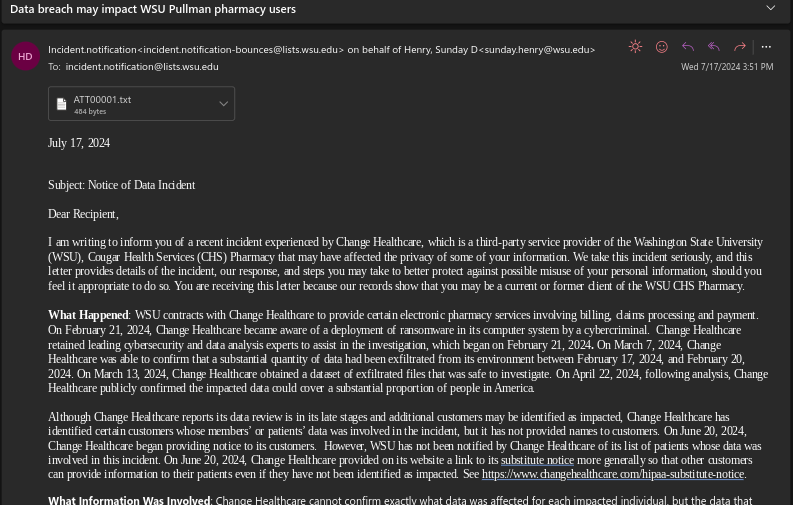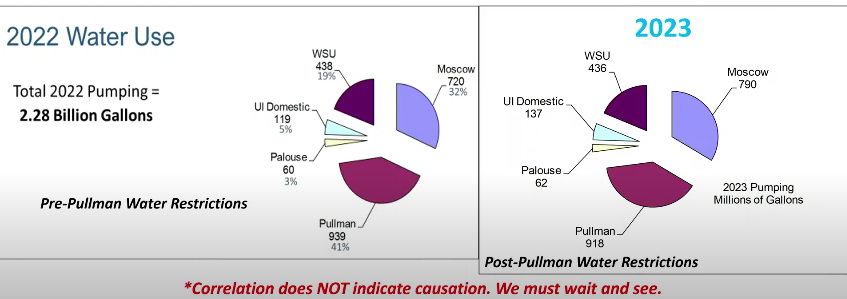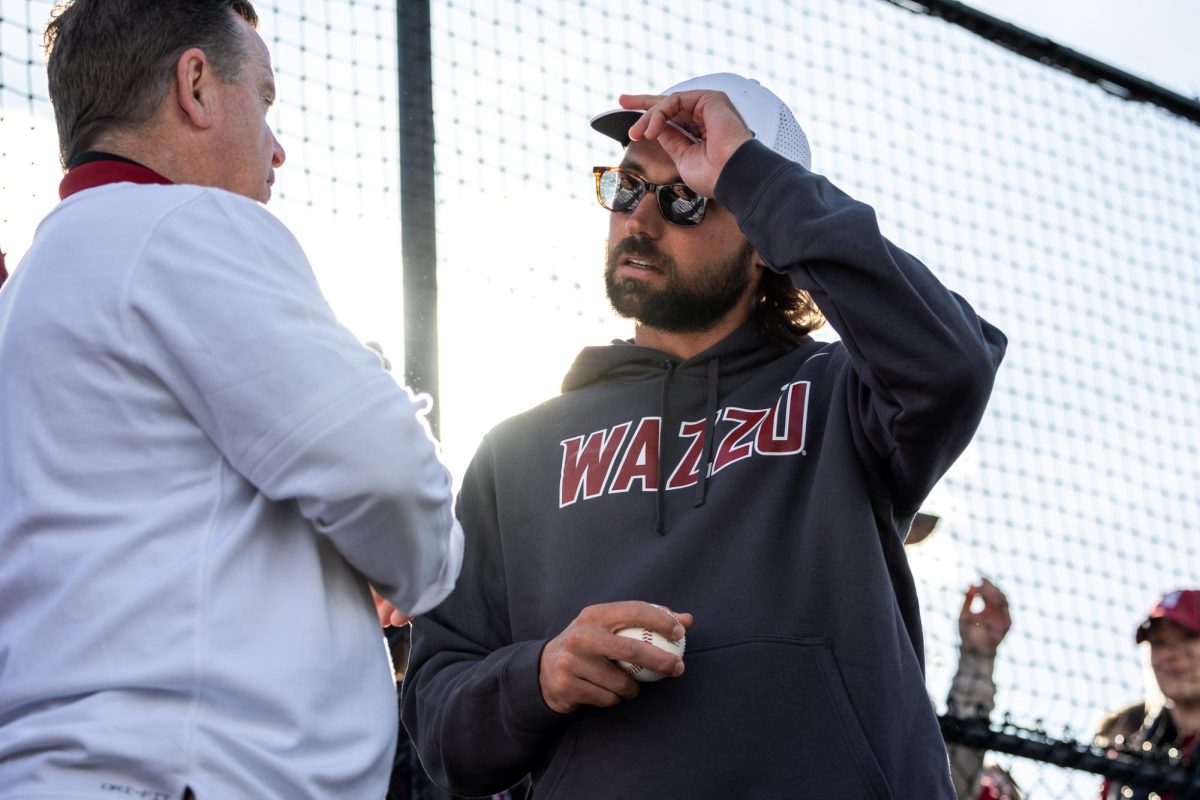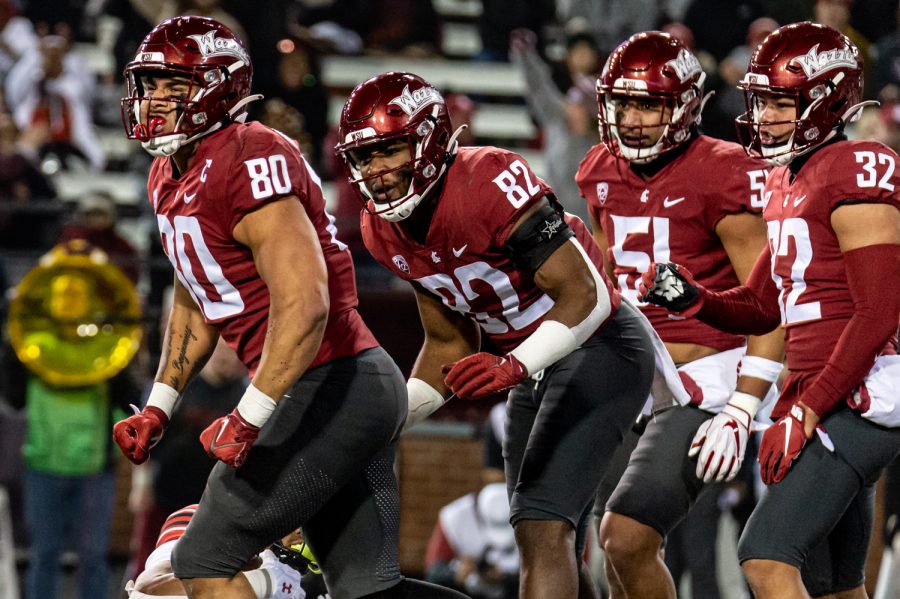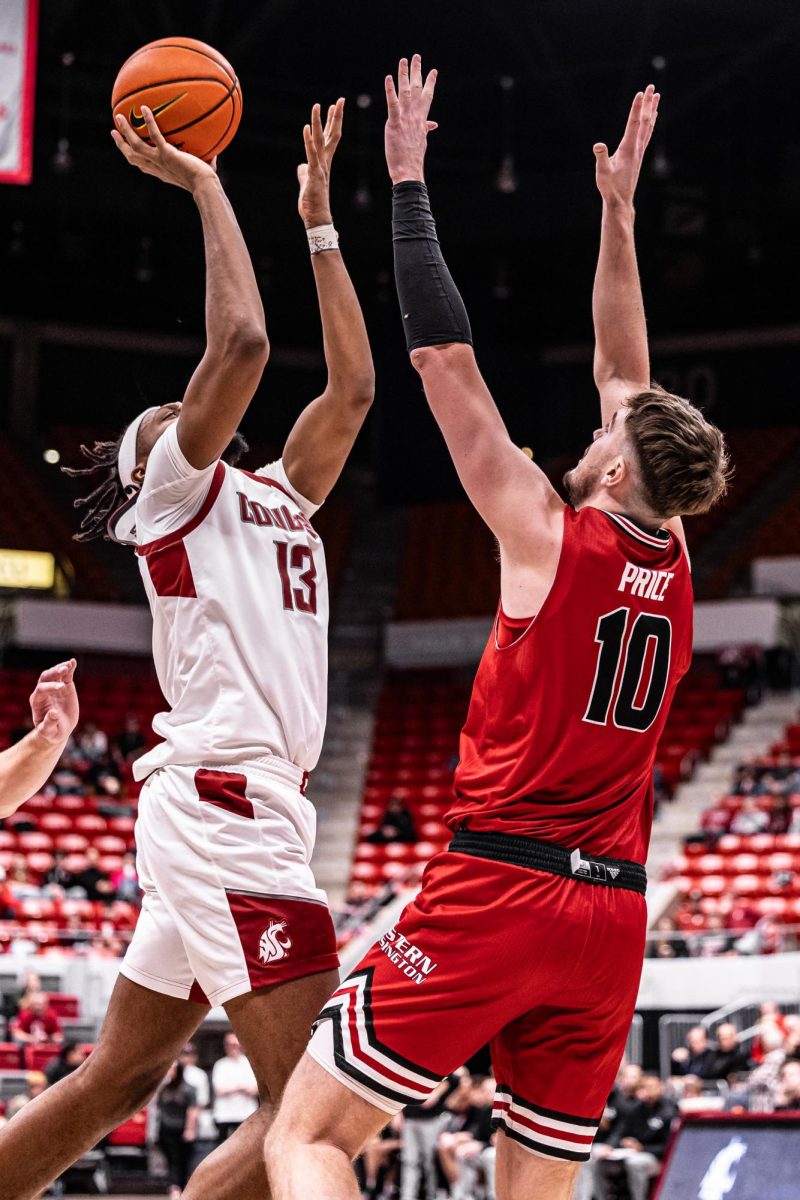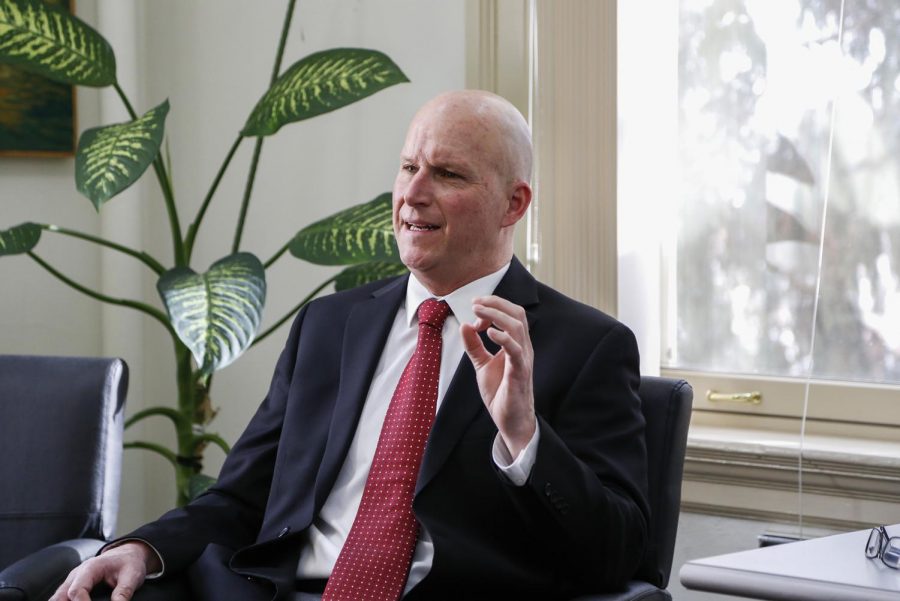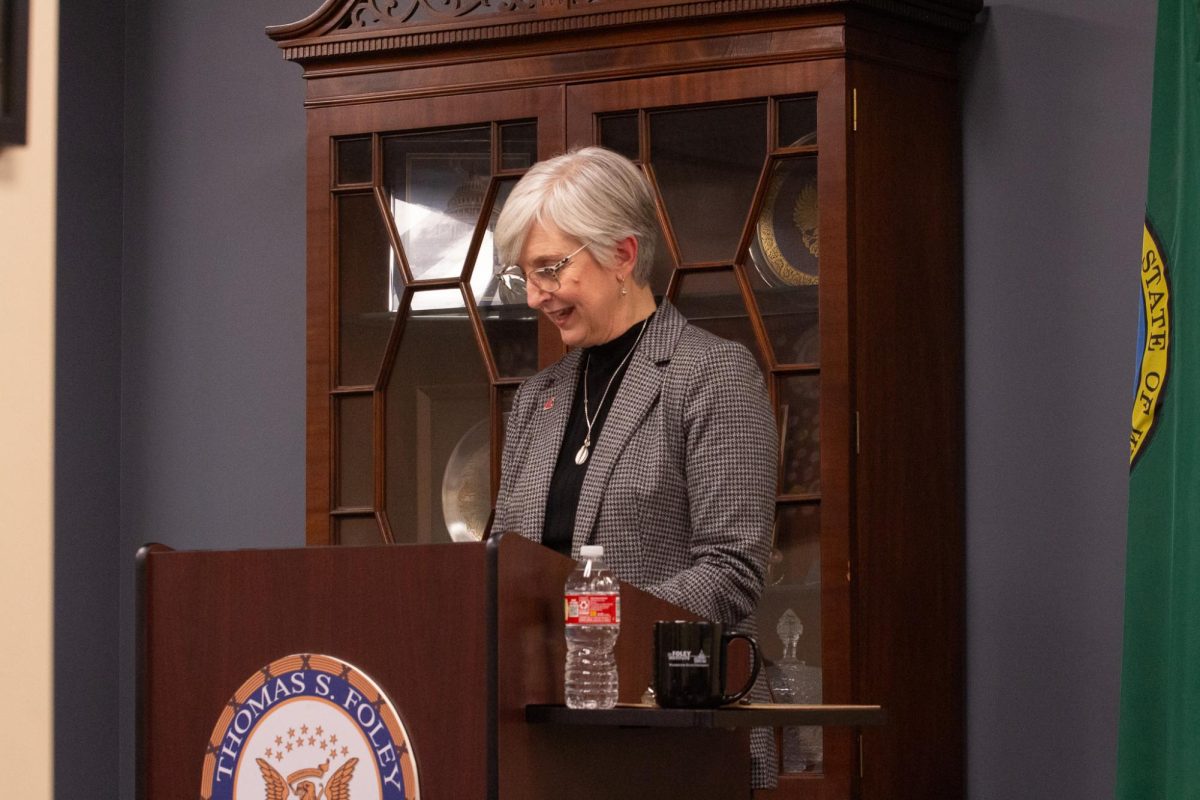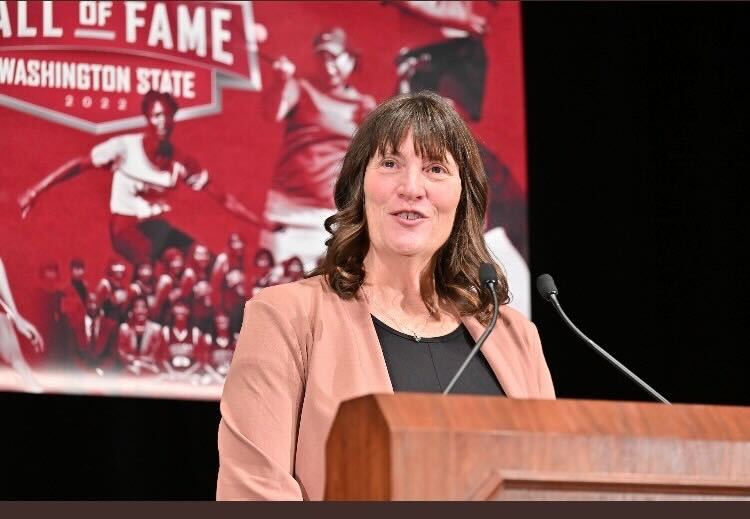WSU has implemented a new policy focused on the protection and safety of minors which will affect programs including Gear Up and 4-H.
Executive Policy 14: Protection and Safety of Minors is a policy that has been in the works for about three years and was approved on Sept. 13 The policy aims to protect both minors involved in WSU events and programs, and the staff working them.
“The purpose is to make sure that WSU staff are protected when they work with minors, and that the minors themselves that are participating in these programs are also protected,” Jacob Sajinyan, risk management compliance director, said, “You can think of it as a double-facing policy; it protects WSU’s interests and the interests of the children who are participating,”
Sharyl Kammerzell, associate vice president and chief compliance and risk officer, said the policy targets programs that frequently work with minors, and should not educational departments or student activity unless a student works or volunteers for an affected program.
The programs most affected will be programs like 4-H (WSU extension of a Youth Development Program,) and WSU’s outreach programs like Gear Up, which operate in high schools across the state. University Recreation will also be affected, as it often runs camps that work with minors, Sajinyan said.
“The policy standardizes the way departments do things, it’s been fragmented for a long time and working with minors involves unique risks. [The policy] touches on things like the registration process, background checks necessary for the staff, and codes of conduct for both the staff and minors, including things like one-on-one interactions, adequate supervision and things like that,” Sajinyan said.
Sajinyan said some departments might require more for registration than they did in the past, and departments will also have to adapt to a central oversight controlling how programs are administered.
“Our goal was to set some consistent training requirements and operational requirements to have protection for minors for all the programs WSU engages in with minors,” Kammerzell said.
“Part of the reason it took us so long was because we had to learn about all the different programs that WSU operates that work with minors.”
Within the policy’s framework, it also lays out programs that deal with minors that are exempt from its oversight. Academic programs, the Children’s Center and field trips or events that are administered by another school are examples of programs the policy doesn’t apply to.
“Things that are academic involve enrollment, so the minors would have already gone through the process of enrollment to be part of these academic programs,” Sajinyan said. “With the Children’s Center, their risk is unique because it was created for the purpose of working with children, and these are healthcare professionals who are licensed and carry out healthcare roles that this policy really isn’t intended to address.”
In situations where there is a conflict between this policy and other rules that deal with minor safety, the more stringent rule applies, Sajinyan said.
“The logic behind this is that because of the unique risk presented by working with minors if there is a more stringent rule in place that is seen to adequately address the risk and doesn’t harm the program’s ability to admit minors or operate, that policy will be applied,” Sajinyan said.






